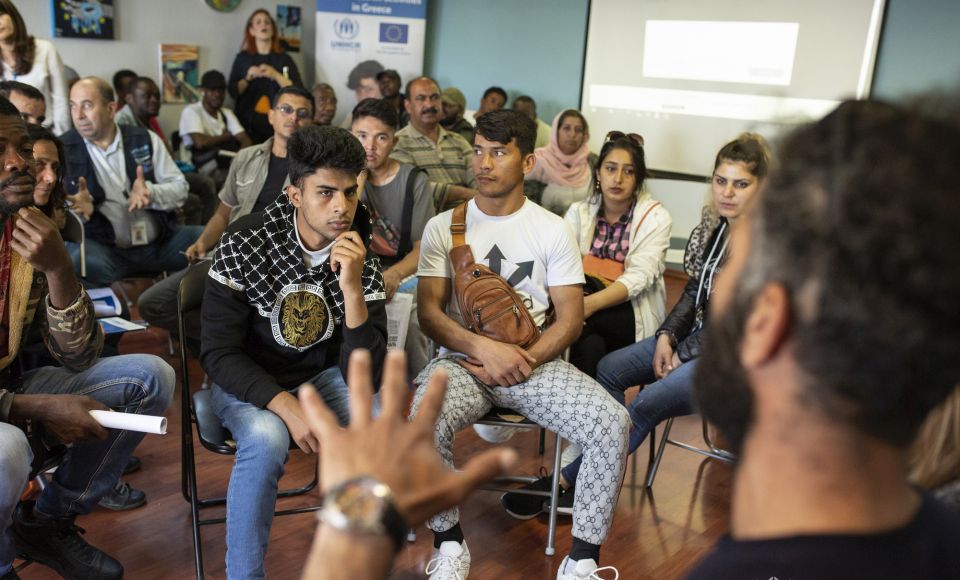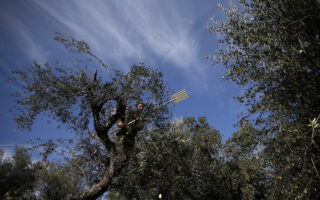Refugees sought to fill job vacancies in tourism sector

Refugees are being sought to fill job vacancies in the tourism and agriculture sectors, the head of the employment service of a leading NGO has said.
Speaking at a job fair in Thessaloniki organized to connect refugees and employers, sociologist Mary Asvesta of Solidarity Now said refugees often take on hard and difficult jobs.
“The tourism industry was more open to refugees from the beginning. The important thing is that this year, unlike other years that sought staff from June or July, they hired refugees for work from April due to the great [labor] shortage,” Asvesta said, adding that many refugees who worked in tourist accommodation in previous years, acquired expertise and they then immediately found work.
Organized by the UN High Commission for Refugees (UNHCR) and Solidarity Now, the job fair was attended by dozens of refugees, who had the opportunity to meet with the representatives of 15 companies from many different industries.
Many attendees left the fair with a job offer.
Refugees already working in the country gave presentations on their experiences of working in Greece while the UNHCR presented an online platform for connecting employers with refugees looking for work, which it operates in collaboration with Catholic Relief Services (CRS).
Apart from tourism, there is a great demand for labor in the agricultural sector as well as in the construction industry.
“Last September Halkidiki Chamber were looking for 1,000 people for the harvest, but because the work was only for two months and the distances were long for the refugees, who live mainly in camps, very few responded,” she said.
The Solidarity Now employment office cooperates with food processing, cannery and construction businesses.
“In a cannery in Veria, more than 70 refugees found seasonal work last year. In fact, the need for staff coverage was so great that the company also set up a bus to pick up the refugees for work from the Nea Kavala camp, in Polykastro, Kilkis, to take them to Veria every day,” Asvesta pointed out.
“However, in addition to seasonal work, there is also a great demand for permanent staff in factories in the Thessaloniki industrial zone and in construction companies that are looking for skilled and unskilled staff in order to train them.”
Although many refugees take on “hard and difficult” jobs, they nevertheless constitute the most vulnerable workforce.
“They are the first to be hired for the so-called ‘menial jobs’ and unfortunately, the first to be fired,” said Asvesta.
Refugees have to overcome issues related to recognition of their status, housing and support problems and there are no organized free Greek language learning courses, she added.
“The attendance at the job fair and the cooperation of many businesses with our service reflects their constant and lasting needs as well as the trust they have in what we offer,” Asvesta said. [AMNA]





